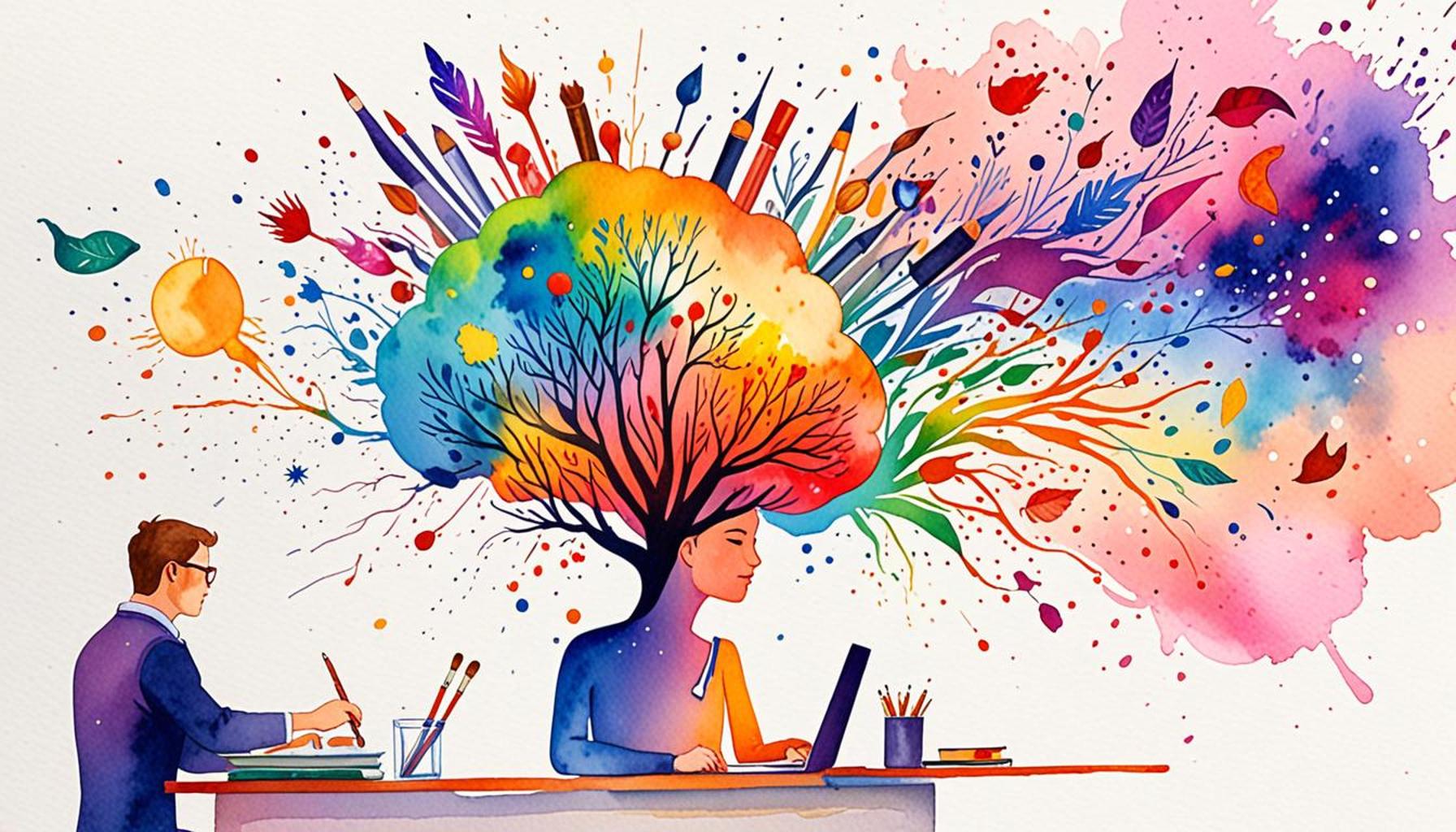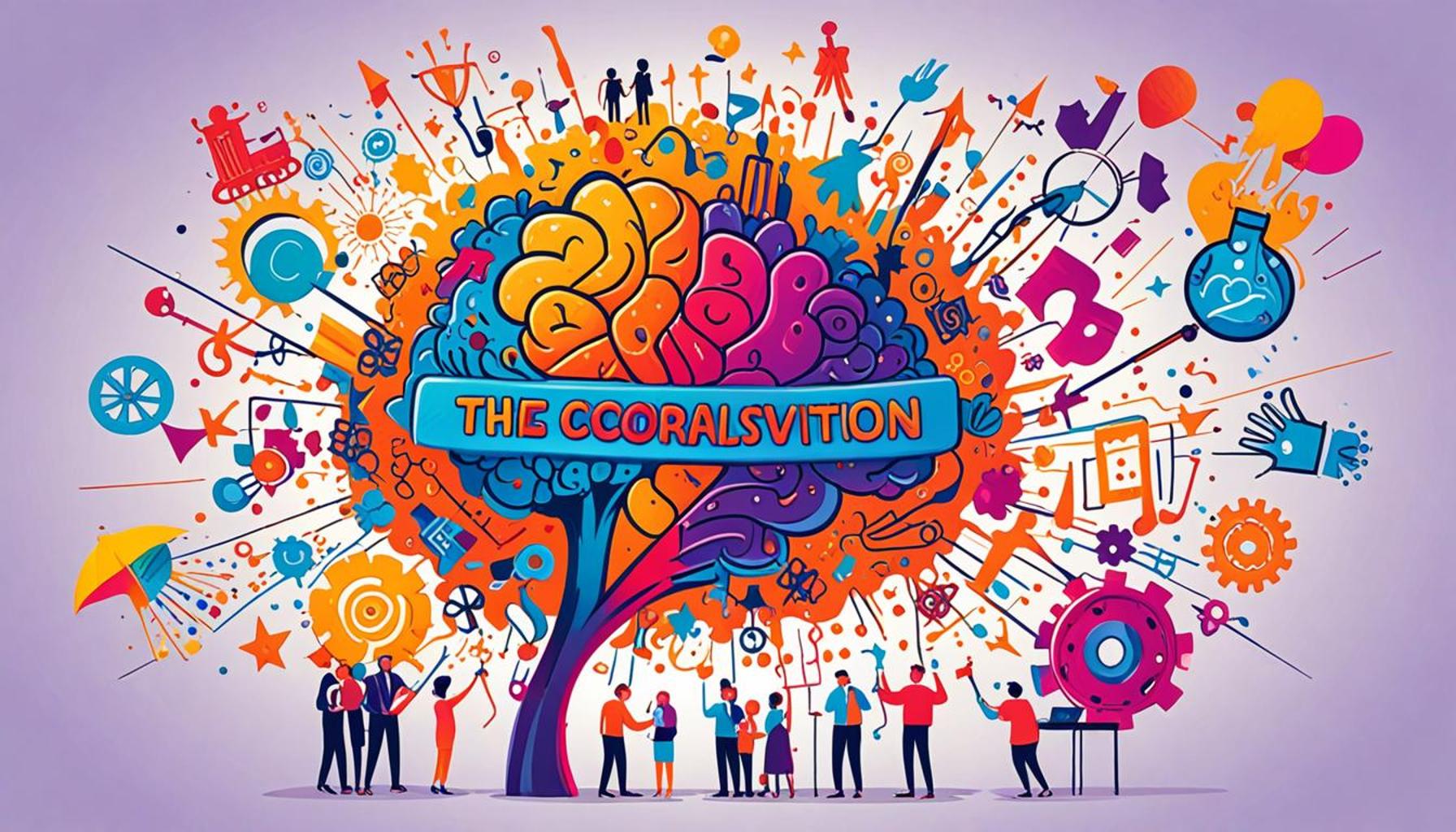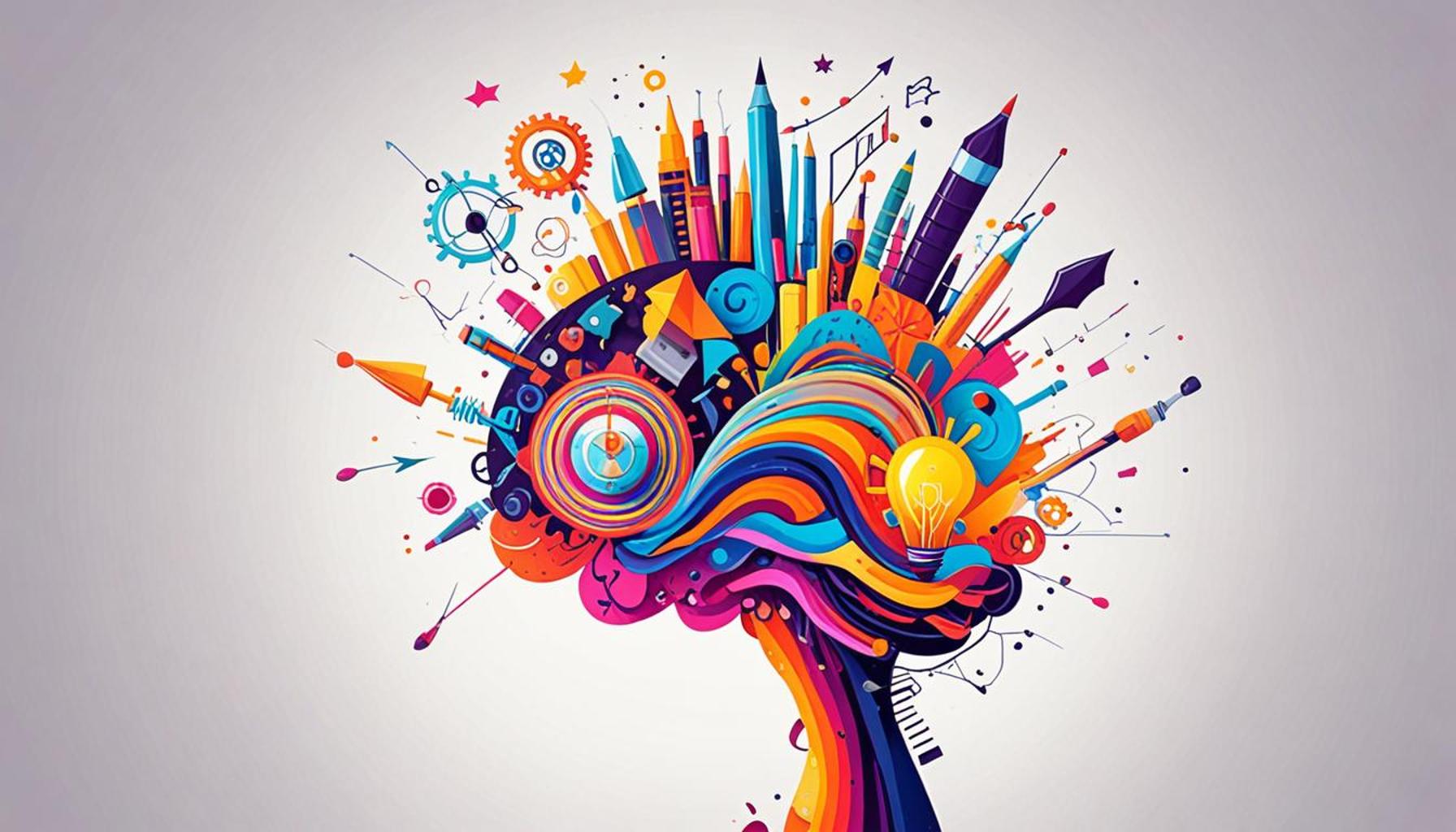The Impact of Continuous Learning on Social Mobility: Success Stories in Nigeria

The Transformative Power of Continuous Learning in Nigeria
As Nigeria continues to evolve, the concept of continuous learning has emerged as a beacon of hope for social mobility. Traditionally, education in Nigeria focused heavily on formal degrees obtained through universities. However, with the rapid changes in the job market and technological advancements, the importance of adaptable learning has surged. Today, individuals are not just striving for lofty academic credentials; they are investing in skills that empower them to thrive in various contexts.
- Access to Digital Resources: The proliferation of smartphones and internet connectivity has democratized education. Platforms such as Udemy, Coursera, and even local educational initiatives enable learners in remote areas to access quality content. For instance, a recent initiative based in Kano offers online classes for programming, which has seen a significant number of participants from the northern region gaining skills that are in high demand worldwide.
- Vocational Training Programs: Organizations like the Lagos State Employment Trust Fund and various NGOs have rolled out vocational training programs aimed at youths. These workshops focus on practical skills such as carpentry, plumbing, and tailoring, directly leading to employment. For example, a vocational center in Enugu has equipped dozens of young women with skills in fashion design, significantly boosting their employability and economic independence.
- Successful Case Studies: The stories of young entrepreneurs emerging from Nigeria’s educational evolution are compelling. Take the case of John, a young man from Port Harcourt who started a mobile car wash business after completing a workshop on entrepreneurship and digital marketing. His ability to leverage the knowledge gained allowed him to create job opportunities for others while improving his community’s perception of entrepreneurship.
These developments illustrate a significant shift in the educational landscape of Nigeria. It is no longer sufficient to merely acquire degrees; success hinges on the ability to learn continuously and adapt to changing societal needs. With the increasing emphasis on practical skills and lifelong education, many Nigerians are discovering new avenues for personal and professional growth.
The ripple effects of this educational revolution are evident not only in individual lives but also within the broader community. As individuals gain skills and become economically active, they contribute to a healthier economy and stimulate social change. Through continued learning, many are quickly moving up the social ladder, breaking cycles of poverty, and inspiring future generations.
Join us as we explore more stories of individuals harnessing the transformative power of continuous learning. The impact of this educational evolution is reshaping the future of countless Nigerians and offering promising signs of enhanced social mobility.
YOU MAY ALSO LIKE: Read read another article
Redefining Opportunities Through Skill Acquisition
In the heart of Nigeria, the landscape of education is undergoing a dramatic transformation, fueled by the ethos of continuous learning. This innovative approach is not merely a complement to formal education; it has become the linchpin of social mobility for countless individuals. No longer confined to traditional pathways, many Nigerians are embracing opportunities that range from online courses to community workshops, effectively redefining their potential for upward movement in society.
One of the critical drivers of this change is the increasing focus on skill acquisition. As the job market demands a new set of competencies, many are opting for tailor-made educational experiences that impart practical skills. These skills not only enhance employability but also empower individuals to start businesses, thereby contributing to the economy in substantial ways.
- Technology and Entrepreneurship: The tech space in Nigeria is blossoming, and continuous learning plays a pivotal role in this growth. Initiatives such as the Technovation Challenge prepare young girls to create tech solutions, inspiring a wave of female tech entrepreneurs. Programs that teach coding, app development, and digital marketing have seen participants launch successful startups, contrasting sharply with a system that once mostly celebrated conventional degrees.
- Local Innovations: Across Nigeria, diverse learning models are surfacing. For instance, the African Fintech Foundry offers training targeted at aspiring financial technology professionals. Many of its graduates have gone on to work with renowned fintech companies, proving that localized educational initiatives can result in favorable economic outcomes.
- Community Empowerment: In Enugu, community centers have embraced a hands-on approach to learning, offering workshops in solar panel installation and maintenance. As communities witness a rise in solar projects, local residents—not only gain employment but also enhance their neighborhoods’ access to electricity, a vital resource.
These success stories exemplify how continuous learning is serving as a catalyst for change. Aspiring individuals engage in a perpetual cycle of learning, adapting their skills in line with market demands while also fostering a spirit of entrepreneurship. The prevalence of such stories is vital as they provide a roadmap for others looking to overcome barriers to success.
Furthermore, continuing education is not limited to technology or vocational skills; it also encompasses soft skills such as leadership, financial literacy, and communication. Workshops and programs aimed at enhancing these competencies reflect an understanding that holistic development is fundamental for true progression in Nigeria’s socio-economic landscape.
This shift marks a significant departure from earlier belief systems that prioritized solely academic achievements. The ongoing commitment to lifelong learning signals a bright horizon, where more Nigerians can hope to improve their quality of life and achieve their aspirations. As we delve deeper into the narratives of remarkable Nigerians, we will uncover the threads that interweave education and progress in a manner that uplifts entire communities.
| Advantage | Description |
|---|---|
| Increased Employment Opportunities | Individuals who engage in continuous learning acquire >important skills and knowledge, making them more competitive in the job market. |
| Enhanced Economic Mobility | Through education and skill development, people can secure better-paying jobs, elevating their standard of living. |
The success stories of individuals in Nigeria illustrate the significant impact of continuous learning on social mobility. By taking advantage of educational programs, many have transitioned from low-income backgrounds to prosperous careers. For instance, learnings from vocational training initiatives have empowered countless youths to gain skills directly related to market demands, effectively breaking the cycle of poverty.Moreover, various community-driven campaigns emphasizing the importance of lifelong learning have been instrumental in fostering a culture that values education as a pathway to success. Participants have cited not just improved employment prospects, but also enhanced self-confidence and a sense of agency over their lives. With organizations actively promoting educational resources, and increased access to technology and information, there’s a palpable shift occurring that showcases how learning continues to redefine futures in Nigeria. As the narrative unfolds, it’s essential to recognize the role of stakeholders, such as non-profits and government entities, in creating accessible learning opportunities, reinforcing that education is not just a privilege but a vital component of national growth. The interconnectedness of education and economic improvement underlines a compelling argument for ongoing investment in learning initiatives across the country.
YOU MAY ALSO LIKE: Read read another article
Bridging Gaps Through Community Learning Initiatives
As Nigeria grapples with various socio-economic challenges, the rise of community learning initiatives illustrates a profound shift towards inclusive education that fosters social mobility. These grassroots programs are tailored to local needs and are instrumental in bridging the gaps left by formal education systems, particularly in underserved areas. By equipping participants with both technical skills and essential life skills, these initiatives present a sustainable avenue for individuals to ascend the socio-economic ladder.
- Vocational Training Centers: Across the country, vocational training centers have sprung up, targeting specific skill sets needed in the local markets. For instance, the Lagos State Vocational Training Centre has trained thousands in hairdressing, carpentry, and catering. Participants not only gain skills but also obtain certification that enhances their employability. This hands-on experience has empowered many young people to secure stable jobs or even establish their own businesses, directly contributing to economic growth in their communities.
- Peer-to-Peer Learning: Community-driven peer-to-peer learning models are emerging as an effective strategy to encourage knowledge sharing. In regions like Kano, informal learning circles enable individuals to teach one another various skills—from agriculture to basic computer literacy. This approach not only enhances individual capabilities but also fosters a sense of belonging and communal support, creating networks of encouragement that can be pivotal for personal and professional growth.
- Support from NGOs: Numerous non-governmental organizations (NGOs) are committed to enhancing educational opportunities through continuous learning. Programs run by organizations like the British Council and Goethe-Institut focus on bridging cultural and educational divides, providing workshops that cultivate creativity, innovation, and entrepreneurship. Reports indicate that participants have successfully started enterprises, reducing poverty levels in their regions.
The data showcases how significant the impact of continuous learning initiatives can be. According to a recent report by the World Bank, regions in Nigeria that have invested in community learning and vocational training have seen a 15% increase in household incomes. This gain is not only a testament to individual success stories but also demonstrates a broader economic improvement linked to enhanced skill sets among the populace.
Moreover, continuous education initiatives extend beyond just skills; they foster an adaptable mindset among participants. As the ever-evolving job market entails constant changes in technology and methodologies, individuals engaged in lifelong learning are better positioned to adjust and thrive. In Nigeria, where digital platforms are becoming more accessible, learning opportunities are increasingly inclusive through online courses provided by entities such as Coursera, Udemy, and local platforms like Decagon. This flexibility allows individuals from all walks of life to access quality education tailored to their unique aspirations and circumstances.
Furthermore, success stories in Nigeria highlight individuals like Maryam Abdullahi, who, through a community program, learned digital marketing and now leads a thriving online business. Examples such as hers serve as inspirations within their communities, proving that with the right knowledge and resources, barriers to success can be dismantled. This shift in attitude, fueled by continuous learning, not only uplifts individual lives but molds a stronger society that champions resilience and innovation.
The evidence is clear: as continuous learning initiatives proliferate throughout Nigeria, they hold the potential to redefine social mobility. By equipping individuals with the necessary skills and fostering a culture of lifelong learning, communities can make substantial progress towards breaking the chains of poverty and inequality, thus reshaping the socio-economic framework of the nation.
SEE ALSO: Click here to read another article
Transformative Power of Continuous Learning in Promoting Social Mobility
In conclusion, the impact of continuous learning on social mobility in Nigeria emerges as a beacon of hope amidst numerous challenges. The successful narratives of individuals and communities highlight a pivotal truth: education and skill acquisition are the cornerstones of economic advancement. As community learning initiatives and vocational training programs proliferate, they not only empower individuals with essential competencies but also ignite a spirit of entrepreneurship and innovation vital for national growth.
The success stories we have examined—from vocational training outcomes to peer-led educational models—illustrate that access to continuous learning provides a transformative pathway for many. Notably, with a reported 15% increase in household incomes in regions championing these initiatives, it is evident that education serves as a catalyst for poverty alleviation and enhanced economic stability. Furthermore, the adaptability gained through lifelong learning prepares individuals to navigate the ever-changing job market efficiently, ensuring they remain relevant and competitive.
Moreover, as more digital learning platforms gain traction, the accessibility of quality education becomes robust, breaking barriers that traditionally hindered progress. Now, with inspiring figures like Maryam Abdullahi leading the way, the narrative shifts from mere survival to thriving success, showcasing that anyone, given the right knowledge and resources, can indeed dismantle the shackles of socio-economic limitations.
It is imperative for stakeholders—government, NGOs, and private sectors—to continue to invest in and support such initiatives. As Nigeria forges ahead, fostering a culture of continuous learning could very well redefine its socio-economic landscape, paving the way for a future where every citizen has the opportunity for upward mobility and prosperity. Through education, dreams that once seemed unattainable can become reality, ultimately contributing to a more equitable and prosperous society for all.


